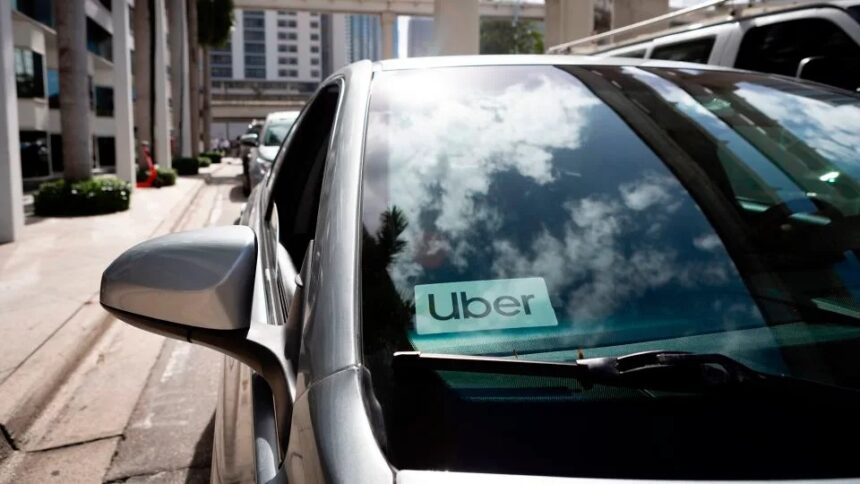The U.S. Department of Justice (DOJ) has filed a lawsuit against ride-hailing giant Uber, accusing the company and its drivers of systematically discriminating against riders with disabilities.
The complaint alleges that Uber drivers regularly refused service to passengers traveling with service animals or stowable wheelchairs, and in some cases charged unjust cancellation fees when those riders were denied rides. According to the DOJ, such practices amount to violations of the Americans with Disabilities Act (ADA), which guarantees equal access to transportation services.
Uber has defended its record, stating that it enforces a “zero-tolerance” policy for service denials. The company says its platform requires drivers to acknowledge compliance with its Service Animal Policy, and that repeat offenders face deactivation.
In a statement, Uber argued that it has invested heavily in tools to make its platform more inclusive, including an option for riders to request wheelchair-accessible vehicles in select cities. Still, the DOJ contends that Uber has not done enough to ensure consistent access for all users, especially those who rely on ride-hailing for essential mobility.
The Legal and Ethical Stakes
At the center of the case is the ADA, a landmark civil rights law that requires equal access to public and private services. Legal experts note that enforcement has been uneven in the ride-hailing industry, with previous settlements highlighting recurring gaps between corporate policy and on-the-ground practice.
For Uber, the lawsuit is not just a legal challenge but also a test of its credibility in balancing growth with responsibility. The case could set a precedent for how regulators hold platform-based companies accountable when individual drivers—who are technically contractors—fall short of nondiscrimination laws.
The lawsuit also underscores a broader debate: how technology platforms can unintentionally reinforce inequalities when accessibility is not built into their design. Disability rights advocates argue that digital mobility services, often praised for their convenience, risk sidelining those who do not fit into a “standard user” profile.
Practical measures, they suggest, include clearer app-based reporting systems for discrimination, automatic fee waivers when a ride is denied for disability reasons, and stronger algorithmic matching to ensure accessibility needs are prioritized.
Why it Matters
This legal battle has implications far beyond Uber. As more essential services—from food delivery to healthcare transport—move to digital platforms, the stakes for accessibility grow higher. If these services fail to meet ADA standards, millions of Americans with disabilities could find themselves locked out of basic mobility options.
The DOJ’s case signals that regulators are prepared to test how far existing civil rights laws can be stretched to meet the realities of a platform-driven economy. For Uber, the outcome could reshape not just its policies but also how the wider tech industry approaches inclusivity.
Talking Points
The DOJ lawsuit against Uber is a reminder that tech platforms often treat accessibility as an afterthought. If a company valued at billions can’t guarantee rides for people with wheelchairs or service animals, what hope is there for smaller platforms? In Africa, where ride-hailing apps are multiplying, regulators must ensure that accessibility is baked in from day one, not treated as a compliance aftershock.
Uber’s “zero-tolerance” policy sounds impressive on paper, but policies are meaningless if drivers on the street ignore them without consequence. The same danger exists in Africa’s digital economy: platforms promising inclusion while the everyday experience of users—especially those with special needs—tells a different story.
We often celebrate that global platforms are expanding into Africa, but few ask whether they’re importing broken systems. If Uber is failing to comply with ADA in the U.S., what safeguards exist in Lagos, Nairobi, or Accra where enforcement is weaker and disability rights are often underfunded? Are we just importing convenience at the expense of equality?





